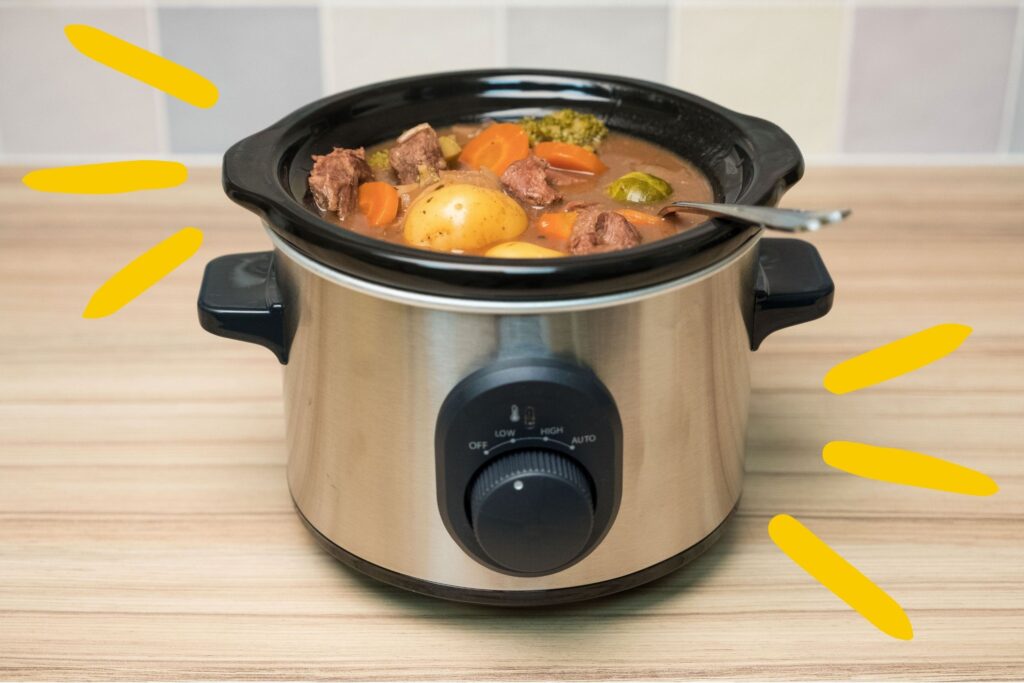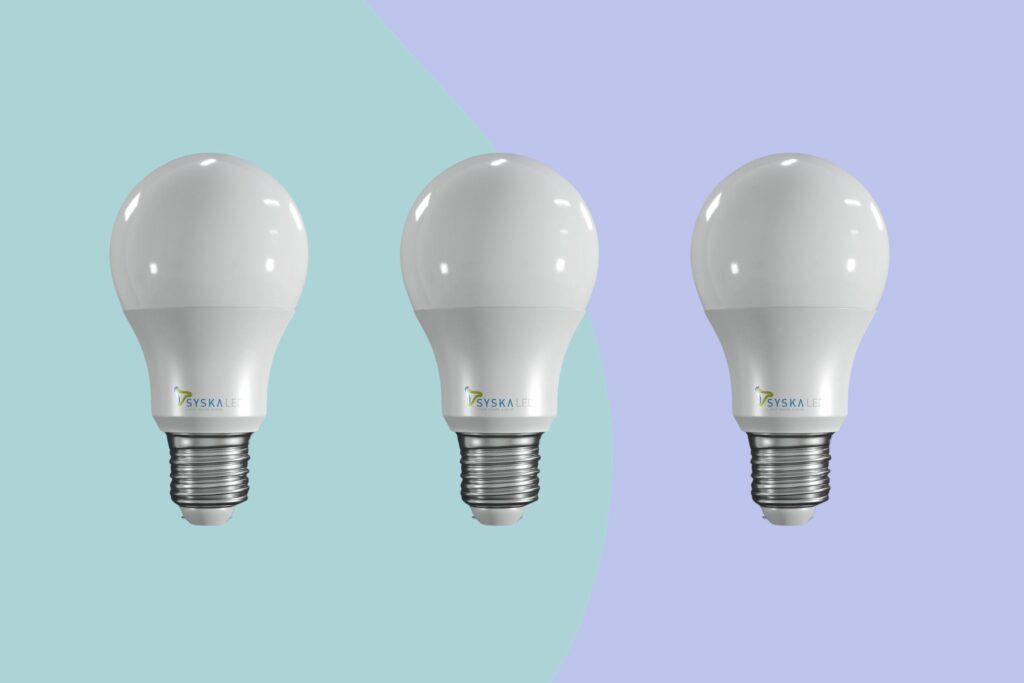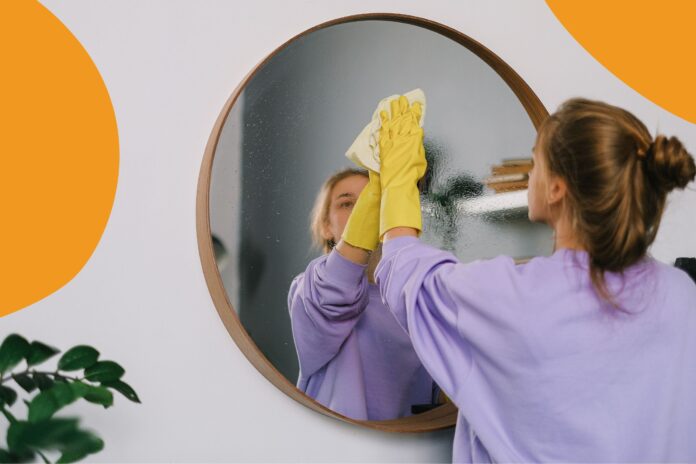Are you paying attention yet? Recent harrowing pictures of the Earth’s lungs should have had you sitting up, taking note and hopefully, switching off. Not your attention, mind. Keep focused; this is a matter of life and death. And although the statistics point to 100 companies being responsible for the majority of the world’s pollution, there is still so much the little person can, and should, do.
It all starts at home. And with the current energy crisis emphasising just how crucial it is to use less at home, here are 9 home improvement hacks to make yours more energy efficient.
Seal The Deal With Draught Proofing
Before splashing thousands on solar panels or new windows, start with the simplest energy saver of all: draught proofing. Older buildings can lose around 15-20% of their heat via draughts, forcing your heating system to work overtime and your wallet to feel considerably lighter.
The beauty of draught proofing is that it’s ridiculously cheap and easy to implement. Self-adhesive foam strips for gaps around doors and windows are affordable and can be fitted in minutes. For larger gaps under doors, brush or hinged flap draught excluders are your friend. Don’t forget letterboxes and keyholes either – specialised covers block surprisingly significant amounts of cold air.
It’s estimated that installing draught proofing measures in an average UK home could save the household £60 per year on heating bills. It’s the low-hanging fruit of home energy efficiency, and there’s simply no reason not to tackle it this weekend.
Window Wise
Wastage; you just hate to see it. So, you’ll likely bristle at this stat; a home with single glazed windows loses up to 70% of heat and energy. Now is the time to look at upgrading your windows to modern ‘A’ Rated windows.
Quality double glazing, weather tight seals and multi chambered profiles ensure that heat loss is kept to a minimum. If you’re not ready for a full window replacement, you can swap your glazing pane to double glazed units as an intermediate step. This will help to reduce the loss of heat through your windows, reducing the cost of your heating bills to the tune of £175 a year, as well as your carbon footprint. A double win.
With winter not yet quite upon us, and with the old ‘fix the roof while the sun is shining’ saying firmly in mind, investing in some new glass could be a prudent move.

Solar Panels Or Windmills
Depending on your location, of course, you may find that solar panels or a windmill can provide alternative energy. Such energy is a huge investment – it’s no secret – but they’re also a wise one for a number of reasons. Firstly, aside from the actual value of the panels giving financial worth, you’ll find extra value when it comes to EPC (Energy Performance Certificate).
Upgrading your certificate from a D to a band B certificate by installing panels, for example, could add around £16,000 to your home. You’ve also got the appeal of lower bills too which, naturally, everyone wants. Finally, and most importantly, of course, is that they don’t generate greenhouse gases.
The average solar panels needed to power a 1 to 2-bedroom place is a 2kW or 3kW system (depending on the home’s energy needs), costing between £5,000 to £8,000. 5kW solar battery prices in the UK range from around £2,500 to £5,000 on top of that. Sure, it’s an investment, but it’s one that potentially pays for itself further down the line.
Kitchen Cuts
A few low effort hacks in the kitchen can make a big difference cumulatively to your energy bill. Not all of the output in the heart of the home is strictly necessary. Try turning your oven off 10 minutes before you’re finished cooking to save on energy, as it stays hot long after the dial has been turned to zero.
Or, simply use your oven less; harnessing the power of your microwave instead could apparently save you £60 per year. Who knew? Slow cookers are also an extremely energy efficient cooking appliance, needing a similar amount of juice as a light bulb to run.
The list is seemingly endless; check out uSwitch’s guide here for more.
Read: Professional chef’s tips for a better organised kitchen at home

An Automated Thermostat
Automated thermostats are ideal for keeping your temperature consistent and your energy usage at its least impactful level. They can adjust themselves to their environment in a clean, green way by learning the temperatures you like to keep in the house at certain times and automatically adjusting accordingly, so you don’t have to worry about faffing around constantly to find your optimum warmth.
The added upside of this convenience is that you waste very little energy heating or cooling your home when you’re not there. Automated thermostats have been estimated to save hundreds in energy costs alone, so they are an investment well worth it, even before you consider the environmentally positive implications.
Insulation Innovation
Don’t let your hard-earned heat escape through poorly insulated walls and attics. Modern insulation materials have come a long way from the itchy fiberglass of yesteryear. When you invest in quality wall and loft insulation, you’ll notice the difference in both comfort and heating bills. Look into eco-friendly options like sheep’s wool or recycled plastic insulation – they’re not just better for the planet, they’re incredibly effective at maintaining your home’s temperature.
Most insulation projects can pay for themselves through reduced energy bills within just a few heating seasons.This applies doubly to conservatories, which are often neglected when it comes to insulation. Get yours up to scratch and you might finally get some use out of your conservatory furniture range beyond the three weeks of acceptable British summer.

Light Bulbs
You may scoff at this one, but it’s true: light bulbs matter in energy efficiency. Just think about how much you have the lights on in your home; that’s a huge amount of energy you’re burning through if you’re lit up with energy-inefficient bulbs.
And with energy efficient lightbulbs nowadays fully developed, government approved and affordable, there can be no real excuse as to why you’re not operating on a different wattage when lighting your home. Soon enough you’ll come to appreciate the golden glow of a more energy efficient bulb and enjoy not cowering in the stark, harsh light of the more powerful ones.
Smart Power Management
Here’s something most homeowners overlook: phantom energy drain. Those little standby lights and “sleeping” devices are secretly eating away at your energy bill and contributing to unnecessary power consumption. Install smart power strips throughout your home that automatically cut power to devices when they’re not in use.
Or, take it a step further with a whole-home energy monitoring system that connects to your smartphone. These smart systems can identify energy-hungry appliances and suggest optimal usage times. Plus, many energy providers now offer lower rates during off-peak hours, so you can schedule your high-consumption appliances accordingly.
Water & Bathrooms
While it’s not entirely related to energy efficiency, there is of course an element of efficiency in conserving the amount of hot water that you use in your home – the more you use, the more you have to heat up. Perhaps the best tip here is to find a shower head that doesn’t compromise on your ability to wash comfortably, but is water efficient in the process.
Practical, mindful behaviour will help too; don’t leave the water running while brushing your teeth, only turn the shower on when you’re under the head…that kinda thing.
The Bottom Line
Making your home more energy efficient doesn’t require a complete renovation or a second mortgage. From the simple act of draught proofing your doors to investing in solar panels, there’s an entry point for every budget and every level of commitment. The beauty of these improvements is that they pay dividends twice over: slashing your energy bills throughout the year and reducing your environmental impact for years to come. Start small with the quick wins, then work your way up to the bigger investments. Your wallet and the planet will thank you for it.





